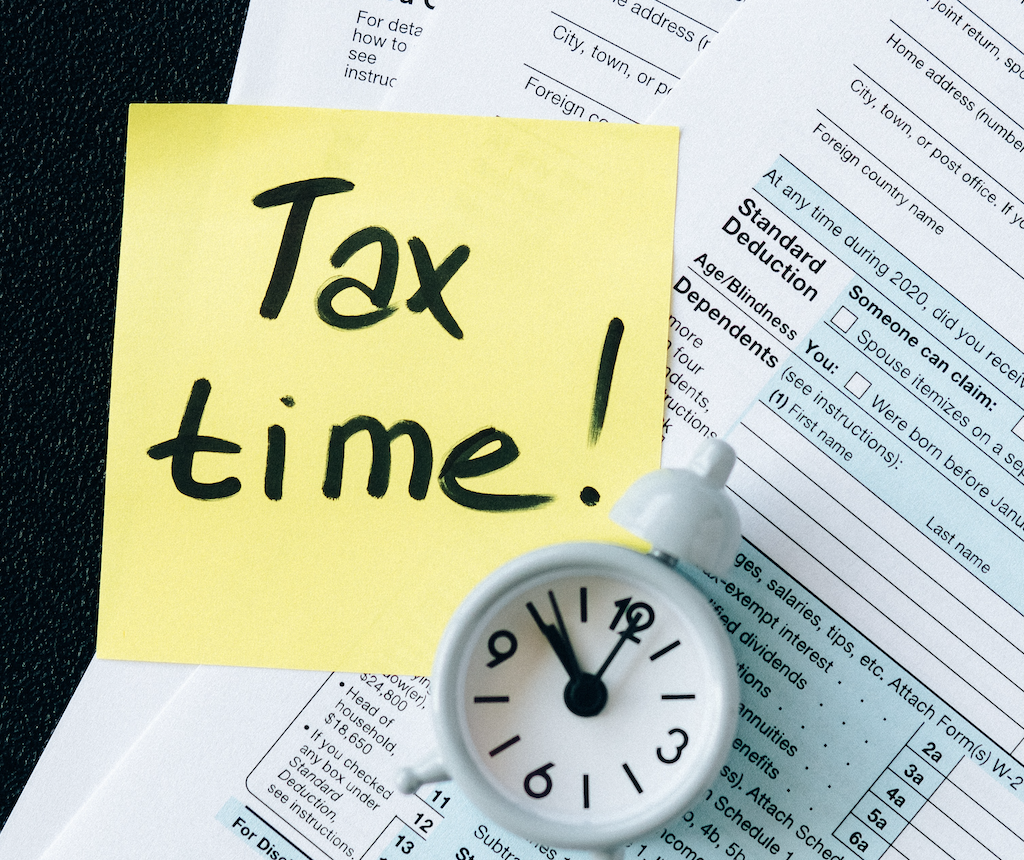When it comes to seeking out new credit or loans, there is a lot of emphasis from lenders on credit score. It is often the first place they will look before making a decision as to whether or not to offer you the loan you want. Yet there can be some ambiguity – what, for instance, is a bad credit score? And what makes for a good credit score? If your credit score is not as desirable as you may like it to be, remember it is always possible to rebuild your credit score. In this article, we will explain more about what a credit score actually is, what constitutes a good credit score, and how to ultimately get one. So, what is a good credit score in Canada?
What is a credit score?
Before we get into what is defined as a good credit score, we will first explain what a credit score is. As defined by the Canadian government, a credit score is a three digit number that reflects the likelihood of a credit bureau believing you will pay your bills on time. Credit scores range between 300 and 900 – the higher the number, the better your credit score. It is crucial to gaining trust in your financial means, and showing that you are a trustworthy borrower. By creating a good credit score, you will increase your chances of being approved for loans and large purchases including mortgages. A strong credit score can also unlock competitive interest rates from some lenders. This is because they may be able to see your good credit score as evidence of being able to repay your bills on time. Canada’s primary credit bureaus are Equifax and TransUnion. Both bureaus receive information from lenders including banks and financial institutions. They then use this information to keep track of how you use your credit and establish your credit score.
What is a good credit score?
Both Equifax and TransUnion use slightly different methods of determining credit scores in Canada. Both credit bureaus therefore have some subtle variances when it comes to deciding what is a good credit score in Canada. Equifax considers any figure between 660 and 724 to be a good credit score. Anything between 725 and 759 is considered to be very good. Anything over 760 is therefore an excellent credit score. This score ultimately helps lenders to identify the amount of credit you can handle and reliably pay back. The higher your credit score, the more reliable you are considered to be. This makes you more appealing to banks and the higher your score, the more likely you are to be approved for credit and loans. Other instances when a good credit score is likely to be reviewed is in applications to rent a property or when applying for jobs. Remember that credit scores are fluid. Your spending behaviour will impact your credit score, and it is possible to rebuild it through debt management and prompt and full repayments of your bills.
What contributes to a good credit score?
A good credit score will likely be established by a good credit history. The Canadian government defines your credit history as a record of your repayments on loans, credit card debt, and lines of credit. For this reason, it’s a good idea to be conscious of your credit score and to be careful in how you respect your usage of credit. The first step is to check your credit score and credit report to see how you are currently performing. You can request your credit score from both Equifax and TransUnion for free once a year, or an additional report for a small fee. It is well worth doing so that you know what you need to do to improve or maintain your credit score. If you need a little help to boost your credit score, you need to manage your credit responsibly otherwise it could decrease. Here are some actions you can take to improve your credit score:
- Take out a credit card and use it to make everyday purchases you would make regardless.
- Keep on top of paying off your credit card by setting up pre-authorized payments.
- Monitor your credit history by requesting a credit report from one or both of the credit bureaus. You can obtain one for free from both Equifax and TransUnion each year.
- Do your very best to pay your bills on time and in full to build up a strong repayment history. If this is impossible for you, make the minimum payment and contact your lender if you are finding it difficult to pay your bills.
- Make sure to not switch credit cards or apply for credit too regularly.
- Be conscious of your overall finances and be wary of your debt.
- Speak to a reputable Licensed Insolvency Trustee if you are struggling to make your payments and need a debt relief solution.
What other factors can affect having a good credit score?
An additional factor to be wary of is your utilization ratio. This is a metric used by the credit bureaus to assess how risky you are as a borrower. A utilization ratio is essentially a measure of the amount of debt you have compared to your overall credit limit. If, for instance, you have multiple credit card debts that equate to around $15,000 in total, yet a total credit limit of $20,000, you have a high utilization ratio of 75%. If your utilization ratio is high, it can suggest you are a risky borrower. The Canadian government recommends a utilization ratio of just 35% or less on credit card debt, loans, and lines of credit.
How can you keep a good credit score?
In order to keep a good credit score, you need to act on the recommendations listed above. Firstly, be respectful of any debt you have by repaying it in full and on time wherever you can. You should try using a credit card for any everyday purchases and repaying your bill in full and on time in order to rebuild your credit score if needed. Ultimately, a key to maintaining a good credit score is sticking within your 35% utilization ratio. To avoid having a negative impact on your credit score, make sure you stay within this percentage when it comes to taking out credit or loans. Equally, make sure you do not apply too often for credit in a short space of time. Staying within your credit limit is crucially important when it comes to keeping a good credit score too. If you are struggling with any of these actions, you should speak to a Licensed Insolvency Trustee. They are the only professionals in Canada legally able to file all forms of debt relief, and they can work with you to review your financial circumstances and recommend the best pathway for you. At Spergel, our Licensed Insolvency Trustees have been helping Canadians to clear their debt and work towards building a good credit score for over thirty years.
Still curious to know what is a good credit score? Book a free consultation with a Licensed Insolvency Trustee at Spergel. We are here to help resolve any debt issues you may be facing, and put you on the pathway to financial freedom. We will advise you on how to build a good credit score and will help to boost your financial confidence. You owe it to yourself – speak to us today about your credit score.



















